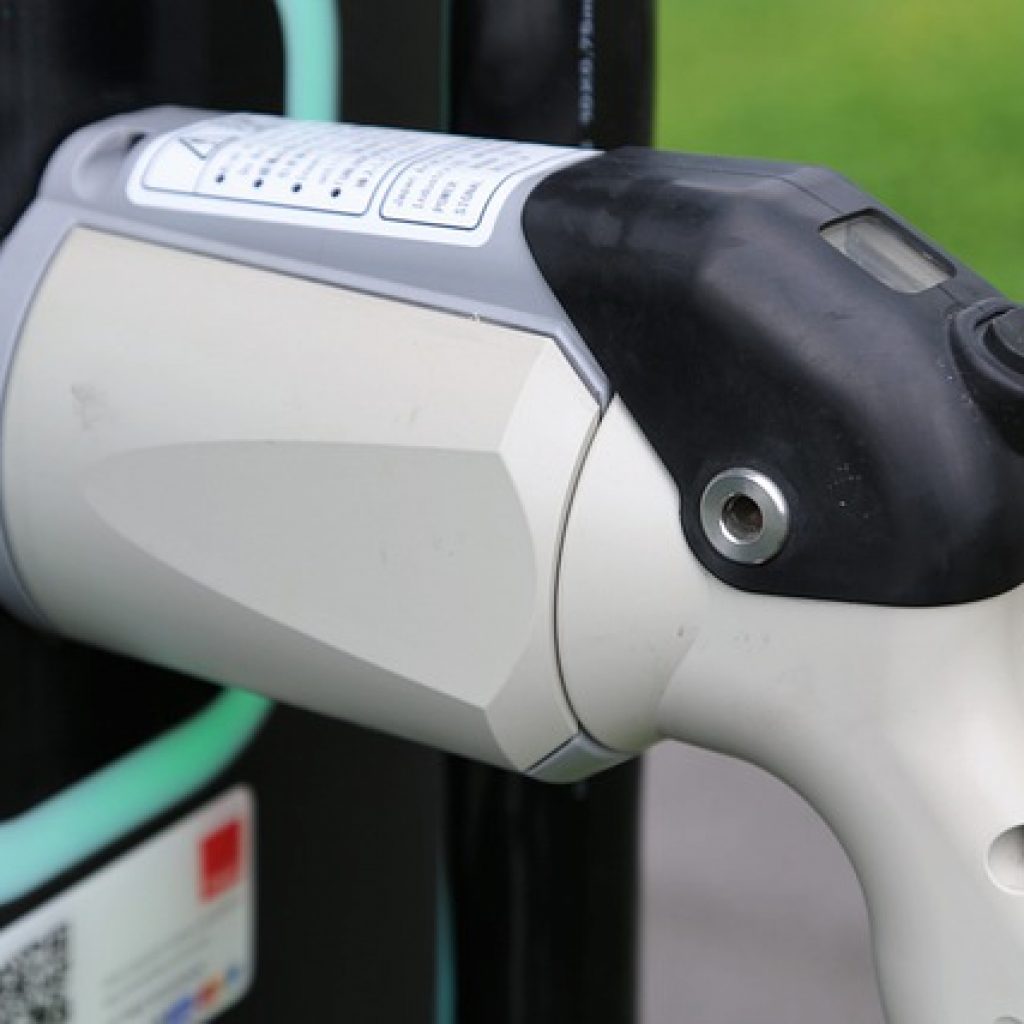(SciTechDaily) Despite the vast improvements in battery technology, today consumers of electric vehicles face another difficulty – slow battery charging speed. Currently, cars take about 10 hours to fully recharge at home. Even the fastest superchargers at the charging stations require up to 20-40 minutes to fully recharge the vehicles. This creates additional costs and inconvenience to the customers.
To address this problem, scientists looked for answers in quantum physics. Their search has led to the discovery that quantum technologies may promise new mechanisms to charge batteries at a faster rate. Such concept of “quantum battery” has been first proposed in a seminal paper published by Alicki and Fannes in 2012. It was theorized that quantum resources, such as entanglement, can be used to vastly speed up the battery charging process by charging all cells within the battery simultaneously in a collective manner.
Scientists from the Center for Theoretical Physics of Complex Systems within the Institute for Basic Science (IBS) showed that all-to-all coupling is irrelevant in quantum batteries and that the presence of global operations is the only ingredient in the quantum advantage. The group went further to pinpoint the exact source of this advantage while ruling out any other possibilities and even provided an explicit way of designing such batteries.
In addition, the group was able to precisely quantify how much charging speed can be achieved. While the maximum charging speed increases linearly with the number of cells in classical batteries, the study showed that quantum batteries employing global operation can achieve quadratic scaling in charging speed. To illustrate this, we will consider a typical electric vehicle with a battery that contains about 200 cells. Employing this quantum charging would lead to a 200 times speedup over classical batteries, which means that at home charging time would be cut from 10 hours to about 3 minutes. At high-speed charging stations, the charge time would be cut from 30 minutes to mere seconds.
Researchers say that consequences can be far-reaching and that the implications of quantum charging can go well beyond electric cars and consumer electronics. For example, it may find key uses in future fusion power plants, which require large amounts of energy to be charged and discharged in an instant. Of course, quantum technologies are still in their infancy and there is a long way to go before these methods can be implemented in practice. Research findings such as these, however, create a promising direction and can incentivize the funding agencies and businesses to further invest in these technologies. If employed, it is believed that quantum batteries would completely revolutionize the way we use energy and take us a step closer to our sustainable future.
New quantum technology to make charging electric cars as fast as pumping gas
